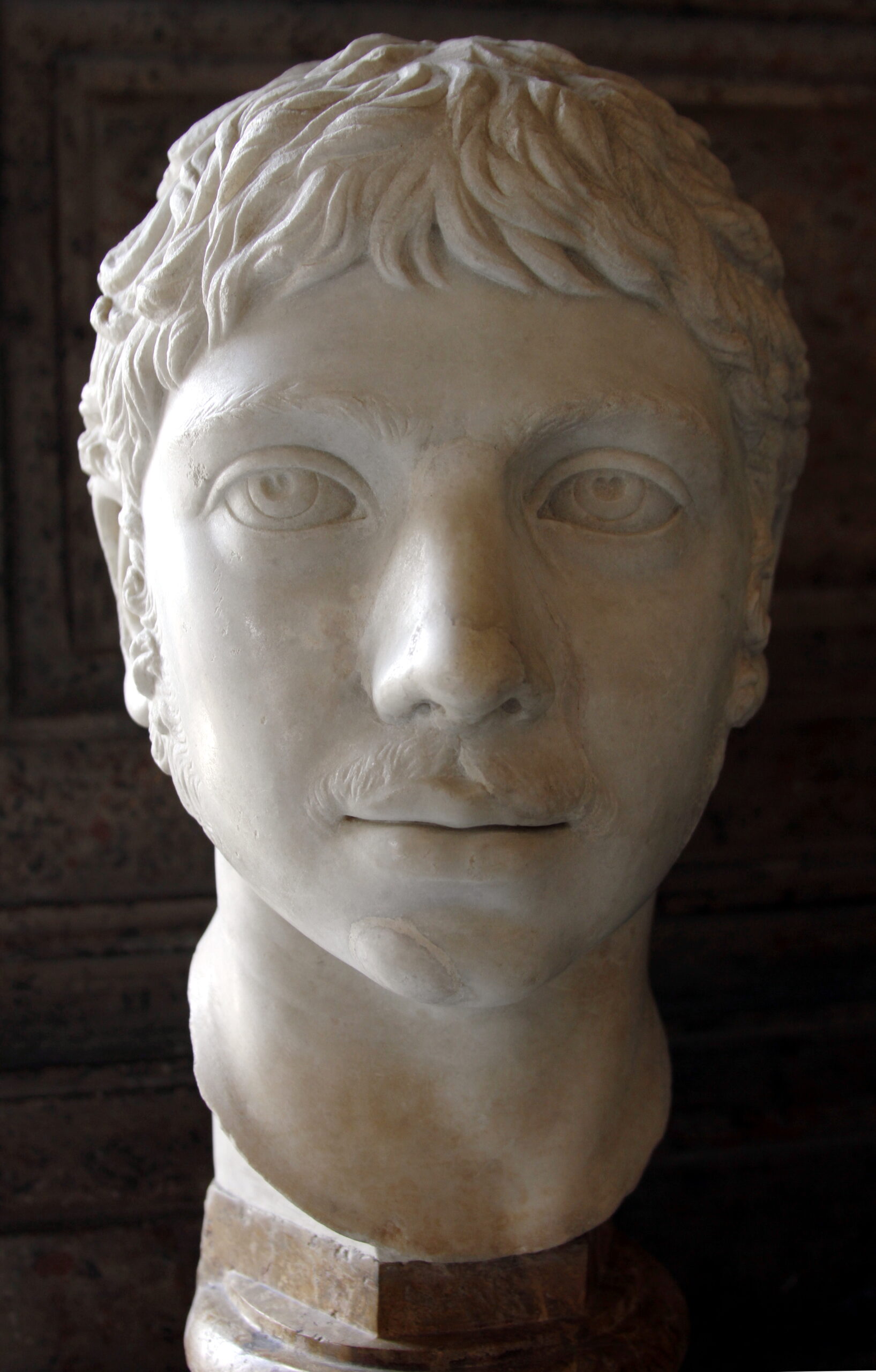Christian VII, the 7th King of Denmark, ascended to the throne at the young age of 16 in 1766. However, despite his youthful appearance and premature aging, his inner demons and unchecked passions would plague his rule for the remainder of his life.
Doctors soon noticed that King Christian’s fixation with self-gratification was bordering on compulsion. His frequent instances of masturbation had crossed the line into a concerning habit. In fact, it was said that his addiction to self-pleasure left him drained and detached, affecting his concentration and focus in state affairs.
Aside from his carnal fixations, the King’s behavior was also deeply troubling. He treated his grandmother, Princess Sophie Magdalene, with cruel disrespect, placing pins on her throne and throwing objects at her. He was known for his boisterous antics in the palace, often running wild through the corridors with his friend and lover Antoinette de Houe. The King and his mistress also caused significant damage to the palace, wrecking shops and frequenting brothels.
King Christian’s disregard for authority did not stop at his family members. He would frequently slap his counselors hard across the face if their opinions did not meet with his approval, acting like a stubborn child instead of a ruler.
One infamous episode during his reign was when Christian constructed his very own torture rack. His fascination with pain, often referred to as “the Prince’s Madness,” led him to bind himself to the rack and undergo flogging. This obsession with self-afflicted punishment led to him developing bizarre habits, such as repeatedly shaking his hand in fits of self-reproach.
The King’s behavior, to say the least, was extreme and unpredictable. However, the Danish public, assuaged by the charisma and sophistication that had once made Christian VII’s comparable to that of Voltaire, remained optimistic about his reign. The nation chose, instead, to overlook and tolerate his eccentricities, believing that, at heart, his wildness was a “youthful folly.”
It was only later in his forty-two-year reign when the full extent of his deteriorating mental state began to emerge. Christian became increasingly erratic and deluded, unable to distinguish between reality and his fantasies. He removed key advisors and replaced them with quack doctors who prescribed bizarre treatments and therapies to try and snap him out of what they termed “the Prince’s Madness.” Their methods often involved morphine, narcotics, and oppressive constraints that might possibly distract him from his habit of self-stimulation.
In 1768, Christian VII suffered a severe health scare that changed the course of his rule forever. Convinced that he was suffering from poisoning and seeking a cure, Christian traveled to Johann Heinrich Rolle, a renowned German medical practitioner. Roland recommended a cure using mercury, a treatment that nearly caused King Christian VII’s death before any positive effects materialized.
The King’s crippling mental illness continued to deteriorate, and after realizing that his behavior was now a disgrace to Danish society, he retired to Friedrichshald, where he spent the latter half of his life under the care of his wife Caroline Mathilde.
In 1808, Christian VII died, leaving behind a legacy marred by his erratic behavior, bizarre treatments, and fantasies. In hindsight, it’s evident that his psychiatric condition, while relatively uncommon at the time, resonated with that of a then-unknown clinical disorder – the bipolar disorder.
King Christian’s untreated and unchecked mental illness left a chilling legacy that would go on to shape the course of Danish history. His behavior, which might’ve been branded as a “childish folly” back then, ultimately contributed to a decline in the country’s political and social affairs, culminating in a widespread corruption that would not be permanently corrected until the mid-20th century. It’s a cautionary tale of how poor mental health, left unaddressed, can lead to disastrous consequences.



